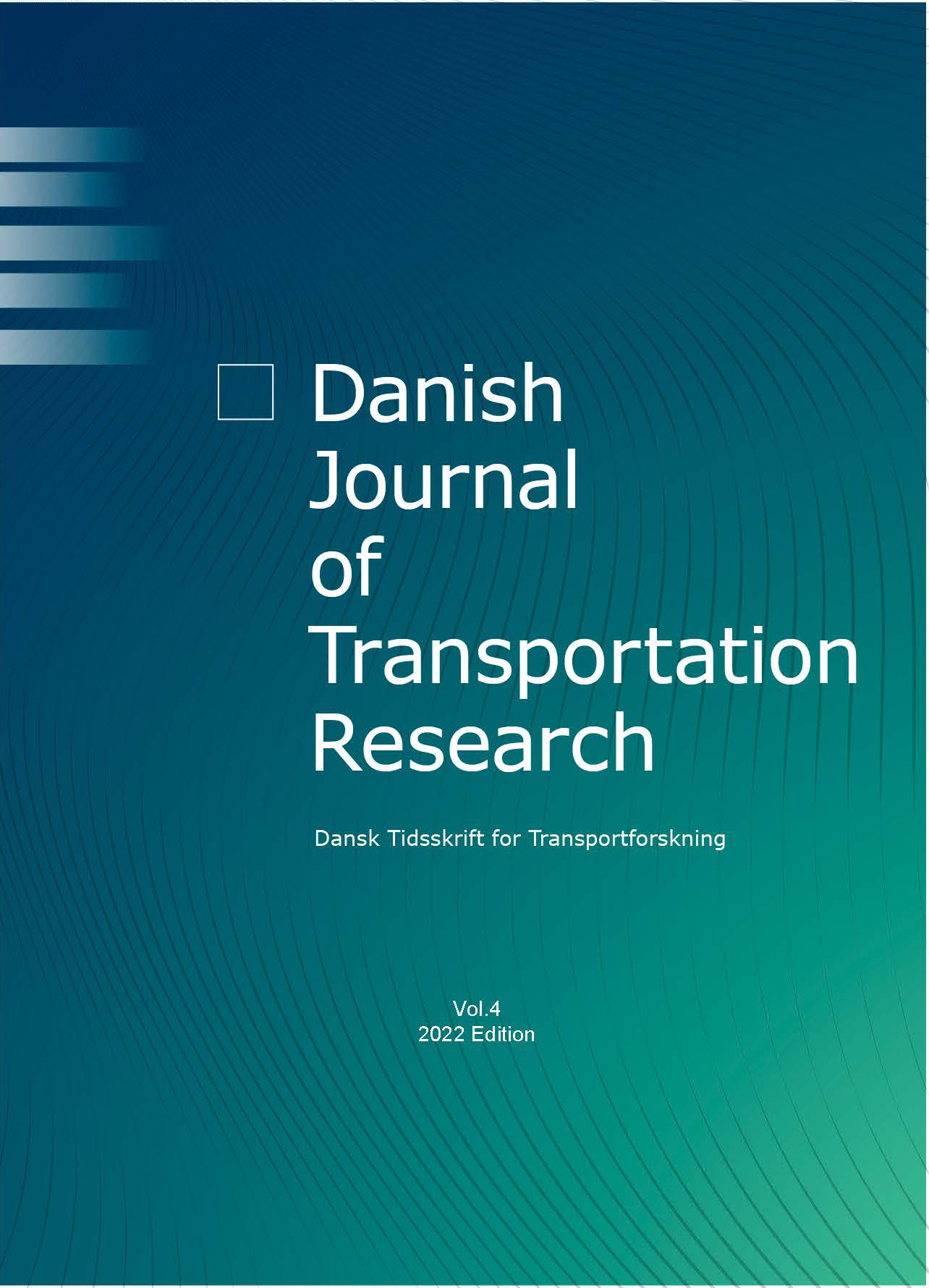Carrot or Stick? - Traffic Policy Instruments to Influence Sustainable Transport Behaviour
DOI:
https://doi.org/10.5278/ojs.djtr.v4i.6659Abstract
The Danish sector of transport has historically chosen a traffic policy strategy which has used attractive incentives such as improvements of alternatives to private motoring, with the intention to promote a voluntary modal shift. Anyhow, the Danish population drive more than ever before and the emissions from road transport has continued to increase. This calls for a further investigation of how we can promote more environmental and climate-friendly transport through the influence of transport behaviour. Effect on transport behaviour and patterns can be attempted through various political approaches, and the present paper contributes to the research of which traffic policy instruments have the greatest impact. The issue is studied through a questionnaire survey based on a stated preference analysis. The analysis showed that it is extremely difficult to influence transport behaviour, where changes in the form of fare reductions and reduced travel time with public transport had a limited impact on the respondents. However, the results showed that the improving of public transport had a slightly greater impact when combined with instruments such as a congestion charge or road pricing, which is directly targeted to motorists’ driving.
Downloads
Published
How to Cite
Issue
Section
License
Articles published in"The Danish Journal of Transportation Research - Dansk Tidskrift for Transportforskning" are licensed under the Creative Commons Attribution-NonCommercial-NoDerivs 3.0 Unported Licens.
Forfattere bevarer deres ophavsret og giver tidsskriftet ret til første publicering, samtidigt med at værket er omfattet af Creative Commons Attribution-licensen: Navngivelse – Ikke-kommerciel - Ingen Bearbejdede Værker (by-nc-nd). Læs om licensen på http://www.creativecommons.dk/om/.
Authors maintain their copyright ownership and give the Journal right to the first publication, at the same time paper is covered by the Creative Commons Attribution-license: Attribution – Non-commercial - No derives material (by-nc-nd). Read more about the license at http://www.creativecommons.dk/om/.


